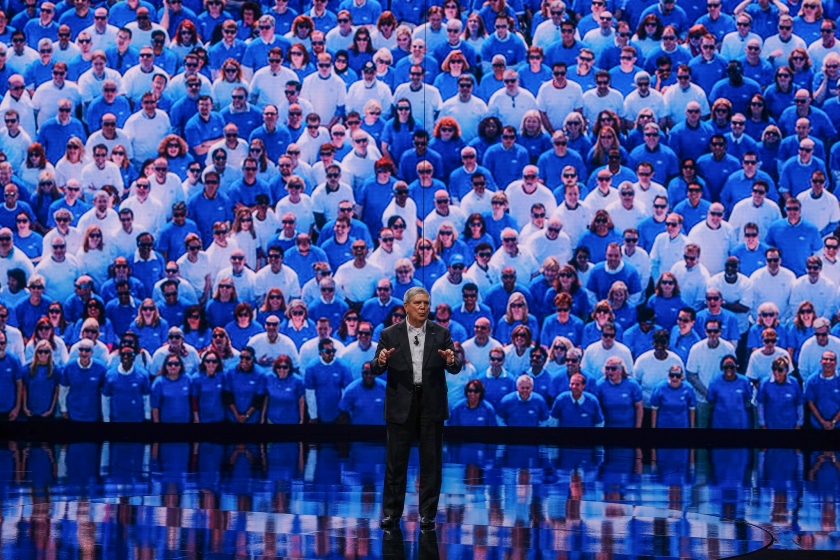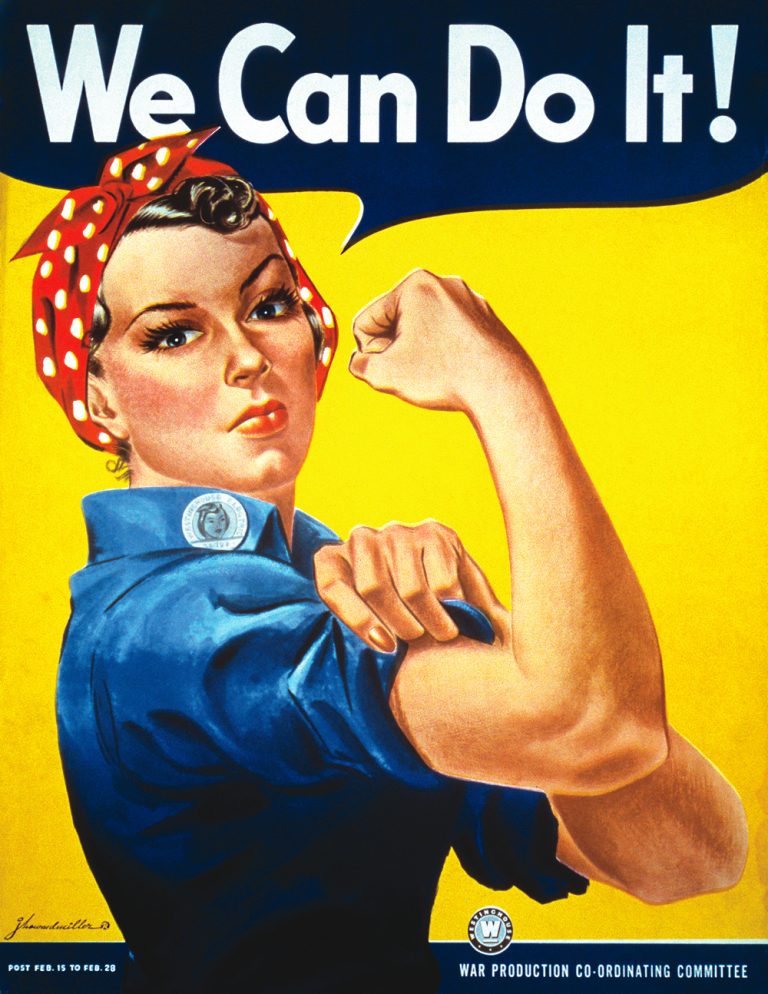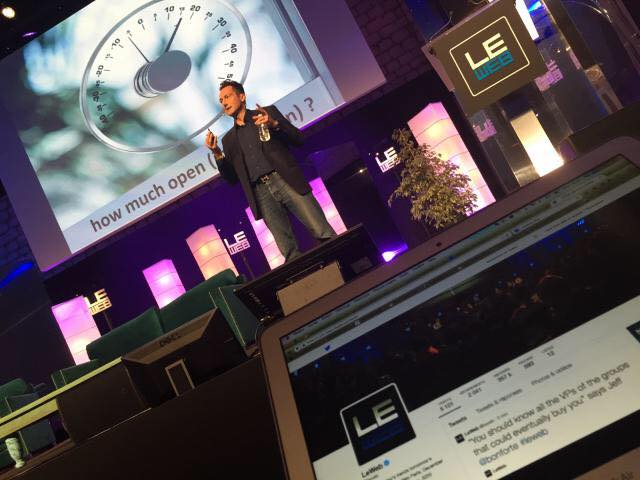Referendums are driven by everything but collective intelligence. Let’s look at Brexit in the UK, an incredible exercise in collective co-decision-making at a national level.
The Brexit? Far from a process in collective intelligence
Mobilising millions of people, this decision was actually anything but an example of collective intelligence in terms of methodology.
The referendum, the prehistory of the democratic process
The referendum is the prehistory of the democratic process – one question with a YES/NO vote and no real debate between the participants. What level of collective intelligence and trust did the question “Should we stay in the European Union, yes or no” generate? Little intelligence from the new understanding provided by the “wisdom of the crowd”; reduced confidence in leaders who admitted to being at the limit of their capacity to find solutions and the trust they had in citizens to help them.
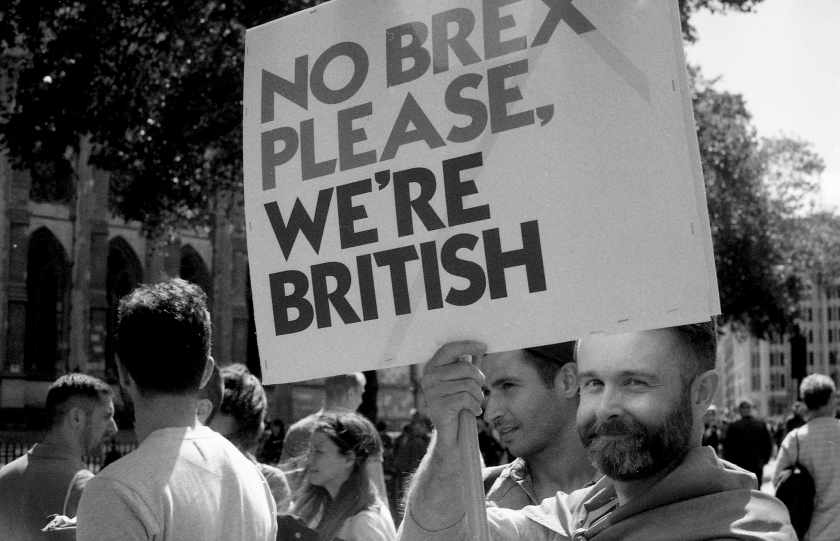
Let’s image that Brexit had taken the form of a 2-month debate to collectively answer the question, “How can our country maximize the benefits of being in the European Union?” The aim? Reach a collective recommendation based on dozens of new solutions developed through dialogue with millions of contributors.
The decision to leave the European Union would without doubt have been one of several solutions in the form of a concrete action plan with high levels of appropriation and support. This would have enabled the country and leaders to feel more confident. The leaders would have demonstrated their capacity to mobilise the collective intelligence of their citizens and their innovation potential. Citizens would have felt confident about their creativity and collective resilience, as well as the transparency and humility of their leaders.
New kinds of collaborative processes
At a time when all sectors are evolving under the influence of innovation and new digital technologies, and the challenges facing the planet have never been greater, why shouldn’t changes be based on the democratic processes of co-creation and co-decision-making?
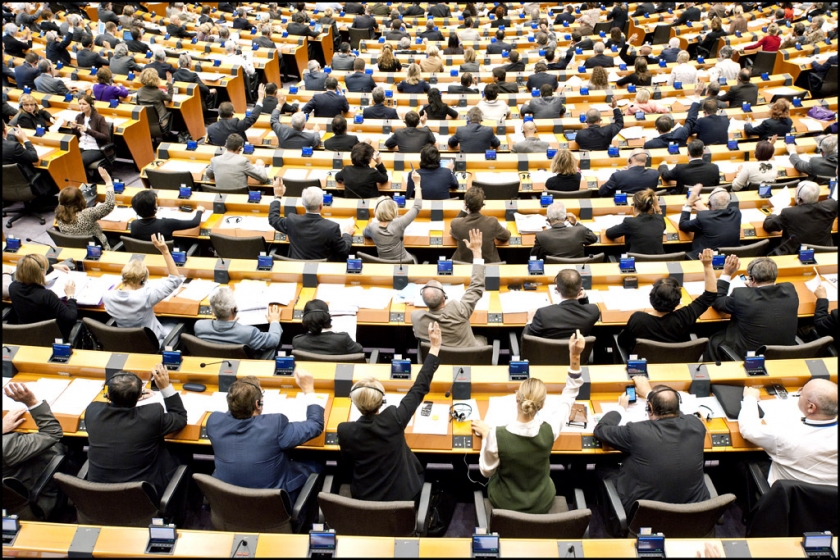
We are more intelligent in large numbers
We are more intelligent in very large numbers – several hundred or thousand people – than a handful of experts in any given domain. Innovation therefore needs to be driven by methods and technologies defined and tested by new kinds of collaborative process to:
- Understand complex questions
- Co-create new solutions
- Co-decide and implement the most important
Intelligence has become a choice
The technologies already exist. The choice of using them (or not) lies in the hands of decision-makers. Yes, intelligence has become a choice. We are reaching an important turning-point. Decision-makers – whether the mayor of a town, the prime minister of a country or the CEO of a large industrial group – are slowly adopting this approach.
In the near future, the performance of large public or private organisations will be evaluated based on their capacity to mobilise collective intelligence within their ecosystems. Alongside financial performance measured by classic accounting and economic models and new Corporate Social Responsibility metrics, KPIs for the effective mobilisation of collective intelligence will emerge.
A major impact on management
Yes, investors will choose the most committed, open, intelligent and collective companies, as the best guarantee that their investment will still exist in 20 years. The impact on management will be major – the era of CEO will be replaced by the era of the CIO, Collective Intelligence Officer. This new kind of leader will drive and manage the most sophisticated and powerful collaborative processes within the organisation and with external stakeholders.

